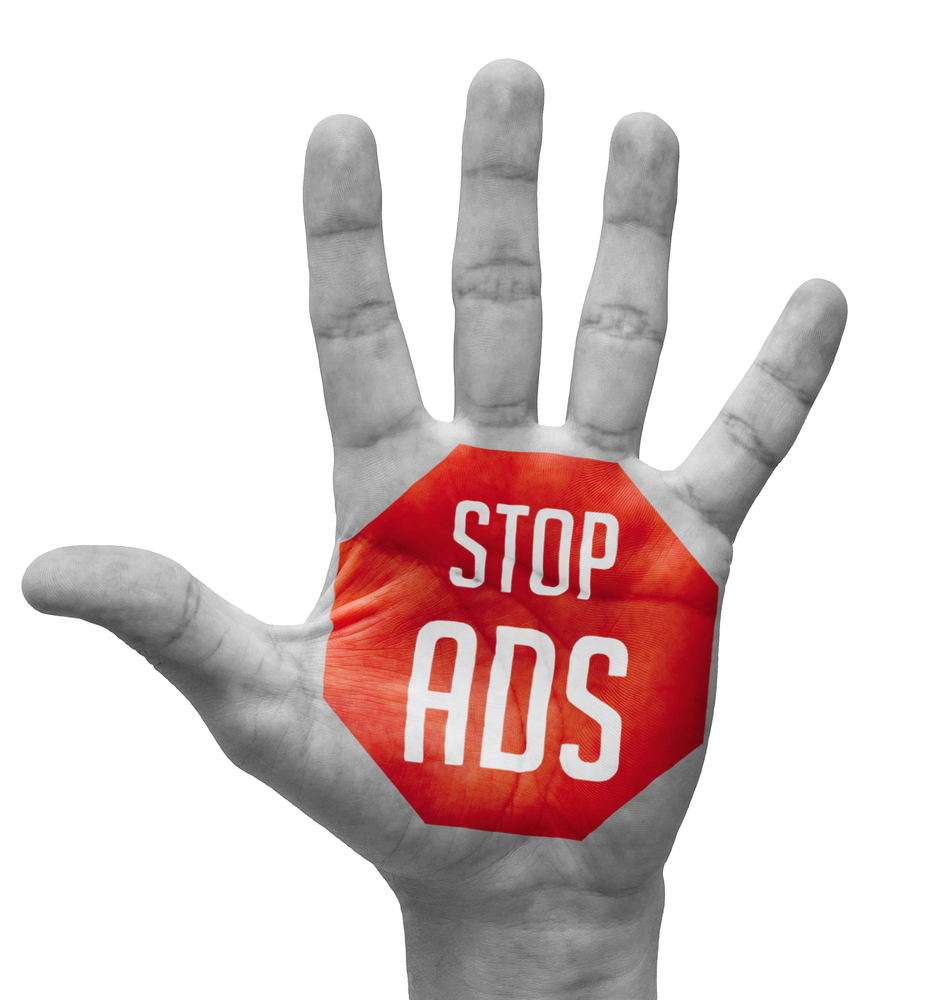Apple recently announced that iPhones will now have an ad blocker extension on Safari, and if you’re like other publishers, you’re probably concerned that this will impact revenue for your site. This is a reasonable concern, but it’s likely that this won’t make a huge impact as you might expect.
Believe it or not, ad blocker extensions have been around for years with many browsers, including Chrome (which is Google’s browser), offering extensions for desktop. Even with these extensions available, the large majority of people on the Internet are not using these extensions, and only about 10% of all ads being blocked.
Worried about Apple making the ad blocker available on iPhones? Even though iPhones may be all the rage, a very small percentage of the world actually uses iPhones, with many of them opting to use other browsers besides Safari.
There is obviously a negative connotation involved with advertising when the topic of ad blockers come up. However, it’s important to realize that, in general, advertising is not a bad thing. People understand that ads are a way to support free content, and that the revenue generated often times supports a site’s hosting, pays for writers and supports the publisher. That publisher may have spent years working on the site – unpaid – to make the online resource available to the world.

A few things that may give you some comfort:
- Supply and demand will always drive price. If supply is restricted, advertisers will be forced to pay more for the ads. This will soften the blow of having fewer impressions (you’ll get paid more for them).
- Technology will provide an antidote to this issue. It might allow for advertisers to serve ads to very specific markets, or other innovations (your content becoming available in apps for example, which are not served in browsers). Whatever the future, you can rely upon the ever fragmenting browser/OS/Device landscape to make it hard for ad blocking to spread.
- There are signs that Ad Blocking companies are already doing deals to allow ‘certain ads’ through. This will weaken the whole concept of ad blocking at its core.
- Your site – no matter how small, is aligned with Google and Facebook and every big online company that depends upon ads to provide their service. If ad blocking ever seriously threatens their core business model – you can depend upon there being an industry response lead by those companies.
At the end of the day, advertising is what allows people to serve free content on the web. Will this issue go away soon? It’s unlikely. But does it spell doom for the Internet ecosystem as a whole? Not at all. With all problems come the seed of an opportunity. Who knows what benefits this technology could provide in the future?
